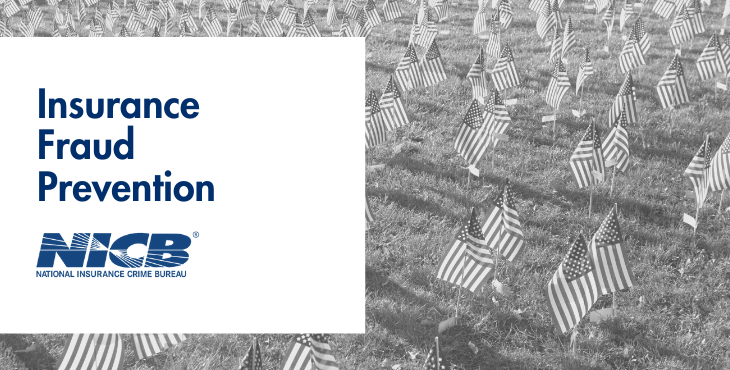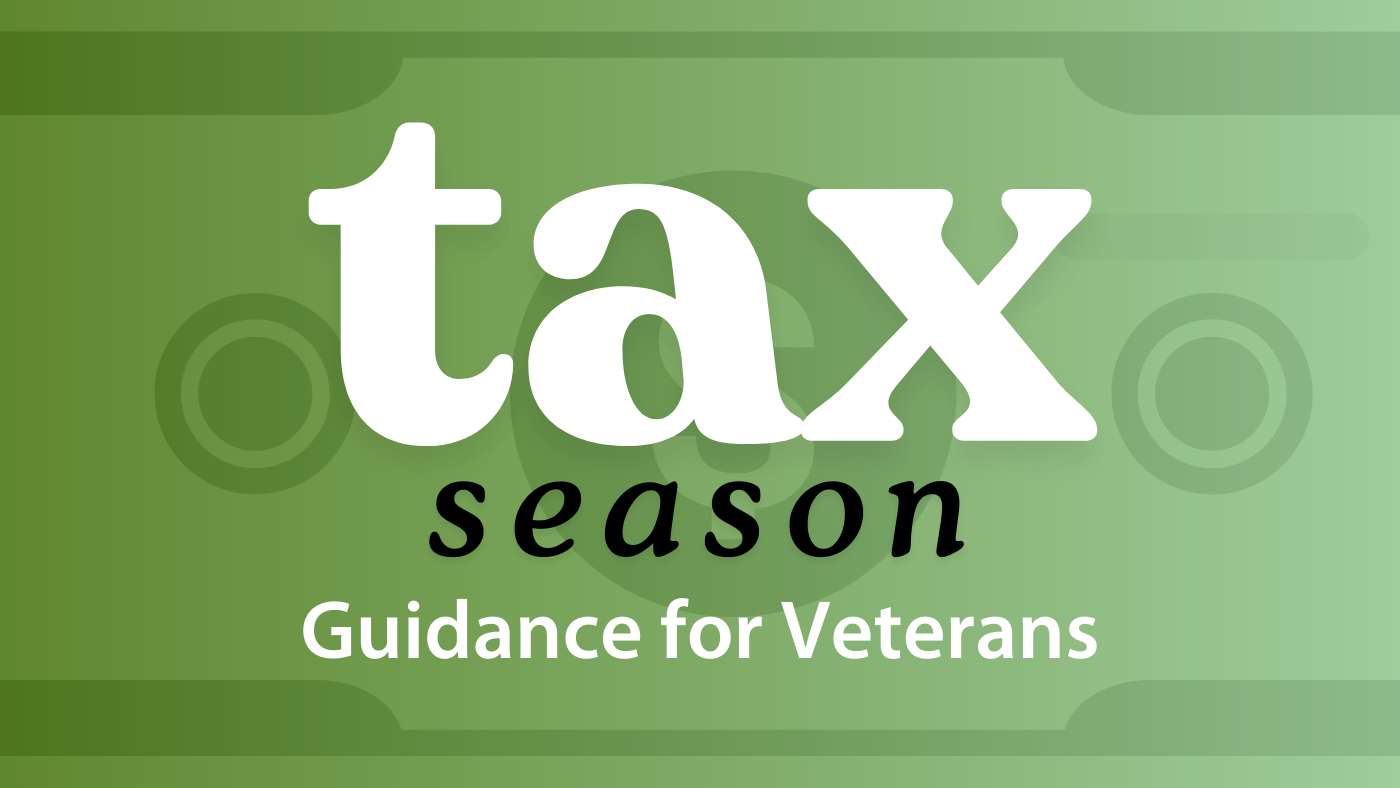Military Veterans and retirees reported $66 million in fraud losses in 2020, according to Federal Trade Commission (FTC) data. Fraud is the second-most-costly white-collar crime in America. These crimes add up to billions of dollars in fraudulent insurance claims every year. Even if you haven’t suffered a direct loss, you are still a victim of insurance fraud. Not only does fraud cause higher insurance premiums, but it also raises taxes and inflates prices for consumer goods.
The National Insurance Crime Bureau (NICB) urges Veterans to safeguard themselves against fraud. To prevent becoming a victim, know the signs of the following schemes.
Top insurance fraud schemes to watch out for:
- Staged auto accidents: Sometimes auto accidents aren’t really accidents at all. They are staged, deliberate crashes designed to make it look like it’s your fault, when, in fact, you’re the innocent victim.
- Roofing fraud: While insurers pay out roughly a billion dollars a year to cover losses, sometimes those payments end up in the pockets of unscrupulous contractors.
- Towing scams: The NICB is warning and educating consumers about unethical and illegal practices among some rogue towing and storage operators and repair shops around the nation.
- Auto glass fraud: There have been questionable practices by the vehicle glass repair and replacement industry where they advertise that the windshield replacement is “free.” Unfortunately, what they are asking you to be part of may be insurance fraud that could drive up your auto insurance rates and the overall costs of auto glass repair services.
- Workers Compensation slip & falls: A typical scenario goes like this: a small shopkeeper is alone at work when a customer arrives and roams the aisles looking at merchandise. After a time, the customer starts calling out for help. The shopkeeper responds to find the person on the floor, moaning and groaning from an injury he claims was caused when he slipped on something on the floor.
To report fraud, call the National Insurance Crime Bureau at 800.TEL.NICB or fill out our online form.
More resources:
Ashleigh Faulhaber is a content producer for the National Insurance Crime Bureau.
Topics in this story
More Stories
After using the G.I. Bill, Army Veteran Adam Boren found his connection to his community through soccer.
Whether a Veteran files their taxes independently or uses a tax professional, VA encourages Veterans and their loved ones to review the following tips and resources to both help them navigate the tax season with confidence and to avoid tax season scams.
During Data Privacy Week (Jan. 27 - 31), VA is sharing guidance on how Veterans and their beneficiaries can protect their data, especially Personally Identifiable Information (PII).





